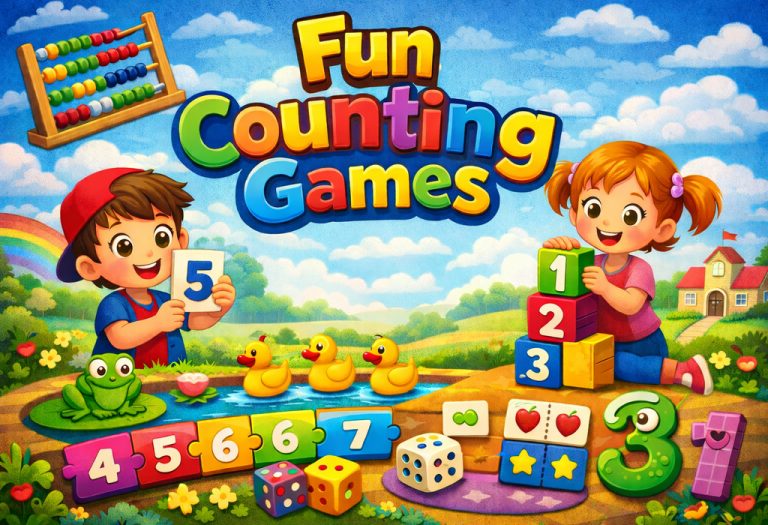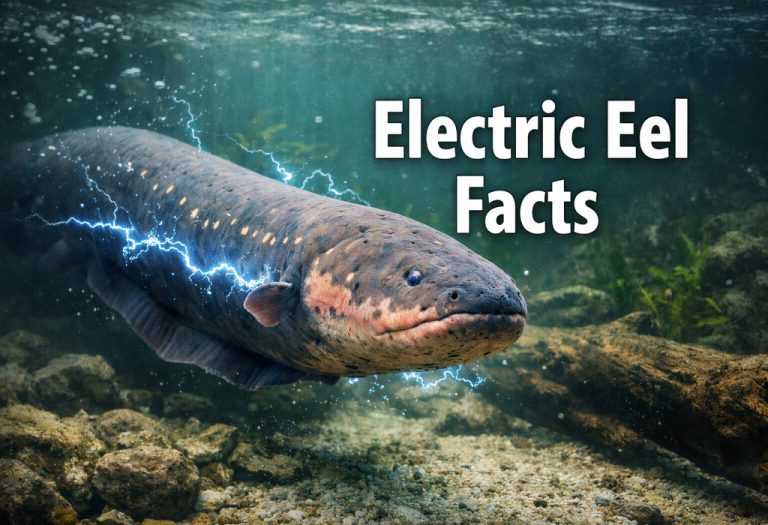Best 12 Small Pets for Kids
Welcoming a small pet into your family is a joyful and rewarding experience, especially for young children. Small pets for kids provide companionship and teach valuable lessons like responsibility, empathy, and care. From furry friends like hamsters to feathery pals like budgies, there are various options to consider when choosing the perfect small pet for your child. The bond children develop with their pets can build a sense of security and comfort, making these little creatures an integral part of your household. Whether you’re looking for a low-maintenance pet or one requiring a bit more attention, a small pet can perfectly match your child’s personality and lifestyle.
What Are the Benefits of Having a Small Pet for Children?
Having a small pet in the home can be an eccentric experience for children, but these tiny companions can offer numerous emotional and learning benefits. They can significantly impact your child’s growth and overall well-being.
- Teaches Responsibility: Caring for a small pet helps children learn responsibility by feeding, cleaning, and ensuring the pet’s well-being.
- Builds Empathy: Interaction with small pets encourages children to develop empathy as they learn to care for and understand the needs of another living being.
- Provides Companionship: Small pets can offer a sense of comfort and companionship, helping to reduce feelings of loneliness or anxiety in children.
- Enhances Social Skills: Engaging with a pet can improve a child’s social skills, as they often talk to their pets, practice care routines, and share their pet experiences with friends and family.
Guidelines for Age-Appropriate Small Pets
Selecting the right small pet for your child largely depends on their age, maturity, and ability to handle the responsibility of pet care. It’s essential to choose a pet that aligns with your child’s developmental stage, ensuring a positive and enriching experience for both the child and the pet. Below are some guidelines for age-appropriate small pets, helping you make an informed decision for your family.
|
Age Group |
Recommended Pets |
Reasons |
|
3-5 Years |
Fish, Ant Farm |
Low-maintenance, visually stimulating, helps develop early observation skills without the need for direct handling. |
|
6-8 Years |
Hamster, Guinea Pig |
Interactive and easy to handle, these pets teach basic responsibility and are generally gentle and forgiving. |
|
9-12 Years |
Rabbit, Budgie, Turtle |
Require more care and interaction than other small animals, suitable for children who can follow instructions and engage more with the pet. |
|
13 Years and Above |
Ferret, Chinchilla, Small Breed Dog |
Need more time and attention, making them ideal for older children who can commit to more complex care routines. |
When planning to add a small pet to your family, it’s important to think about the long-term commitment and the learning experience for your child. Just as with ensuring the safety of your child with timely vaccination, selecting the right pet should be done with care and consideration for their developmental needs.
12 Popular Small Pets for Kids
From furry to feathery, there are abundant good small pets for kids that can fit perfectly into your household. Below, we have listed some of the most popular small pets, each with its own unique characteristics, to help you find the best match for your child’s needs. With these small pet ideas for kids, you’re sure to find a pet that will bring joy and learning into your child’s life.
1. Hamster
Pros
- Easy to care for and maintain
- Small and doesn’t require much space
- Generally inexpensive to keep
Cons
- Nocturnal, so might not be very active during the day
- Short lifespan
- Can be prone to biting if not handled gently
LifeSpan
2-3 years
2. Guinea Pig
Pros
- Gentle and easy to handle
- Social and enjoys interaction
- Can live in pairs or groups
Cons
- Requires a larger cage
- Needs regular grooming and care
- Can be prone to health issues like dental problems
LifeSpan
4-6 years
3. Rabbit
Pros
- Affectionate and can bond well with children
- Litter trainable
- Quiet and doesn’t make much noise
Cons
- Requires a lot of space to move around
- Needs regular grooming
- Can be destructive if not given enough attention
LifeSpan
8-12 years
4. Budgie (Parakeet)
Pros
- Bright and colourful, attractive to children
- Can learn to mimic speech
- Low maintenance compared to larger birds
Cons
- Requires daily interaction
- Can become lonely if kept alone
- May be noisy
LifeSpan
5-8 years
5. Betta Fish
Pros
- Very low maintenance
- Requires minimal space
- Vibrant colours, visually appealing
Cons
- Cannot be kept with other fish
- Sensitive to water conditions
- Shorter lifespan compared to other fish
LifeSpan
2-3 years
6. Gerbil
Pros
- Very social and active during the day
- Easy to care for
- Doesn’t require much space
Cons
- Needs to be kept in pairs or groups to prevent loneliness
- Can be a bit messy
- Requires a secure, escape-proof habitat
LifeSpan
2-4 years
7. Tortoise
Pros
- Very low maintenance
- Can live for decades
- Calm and easygoing temperament
Cons
- Requires a special diet and environment
- Can be expensive to set up
- Not as interactive as other pets
LifeSpan
50-100 years
8. Ferret
Pros
- Highly social and interactive
- Playful and entertaining
- Can be litter trained
Cons
- Requires a lot of attention and time
- Can have a musky odour
- Needs a lot of space to roam and play
LifeSpan
5-8 years
9. Chinchilla
Pros
- Soft fur, pleasant to touch
- Very active and playful
- Doesn’t have a strong odour
Cons
- Requires a dust bath regularly
- Can be very sensitive to temperature changes
- Not suitable for very young children due to its delicate nature
LifeSpan
10-15 years
10. Hedgehog
Pros
- Unique and interesting pet
- Low maintenance and doesn’t require much space
- Quiet and generally calm
Cons
- Nocturnal, might not be active during the day
- Requires special care and diet
- Can be shy and take time to bond with humans
LifeSpan
4-6 years
11. Dwarf Frog
Pros
- Very low maintenance
- Can live in small aquariums
- Interesting to watch
Cons
- Not suitable for handling
- Sensitive to water conditions
- Limited interaction possibilities
LifeSpan
5 years
12. Hermit Crab
Pros
- Very low maintenance
- Fascinating to observe
- Can live in small spaces
Cons
- Requires a specific environment with proper humidity
- Limited interaction with humans
- Can be a bit fragile
LifeSpan
10-15 years
Things to Consider While Selecting a Small Pet
Choosing the right small pet for your child is an important decision that requires careful thought and consideration. It’s essential to match the pet’s needs with your child’s abilities and your family’s lifestyle to ensure a positive experience for everyone involved.
- Pets like children require daily care, including feeding, cleaning, and social interaction. Some pets, like rabbits and ferrets, require more attention, while others, like fish, are low-maintenance. Therefore, considering your lifestyle and the amount of attention you can possibly give to the pets is essential before buying one.
- The lifespan of pets and the long-term commitment also matters. Small pets can live anywhere from a few years to several decades, so choosing a pet that fits your family’s ability to care for it over time is important.
- Assess the space you have available at home for the pet’s habitat. Some small pets, like guinea pigs and rabbits, need larger enclosures and room to roam, while others, like hamsters, can thrive in smaller spaces.
- Match the pet’s temperament and care needs with your child’s age and maturity level. Younger children might do better with low-maintenance pets like fish or gerbils, while older kids might enjoy the interaction that comes with pets like rabbits or ferrets.
Infographic
FAQs
1. What is the best small pet for a young child?
Hamsters and fish are often considered the best small pets for young children due to their low maintenance and ease of care.
2. How do I choose the right small pet for my child?
Consider your child’s age, maturity level, and the amount of time your family can dedicate to pet care. Matching these factors with the pet’s needs will help you choose the right companion.
3. Are small pets expensive to care for?
The cost of caring for a small pet depends not on its size but on its type. Smaller pets like hamsters and fish are generally more affordable, while others, like rabbits or ferrets, may require more investment in their habitat and care. The basic rule is that the more care a pet requires, the more expense it will incur.
4. Can small pets live in apartments?
Many small pets, such as fish, hamsters, and gerbils, can comfortably live in apartments as they require minimal space.
Findig the right small pet for your child that brings joy and companionship into your home can be slightly challenging. Whether you opt for a playful hamster or a calm tortoise, it’s essential to consider the pet’s needs and your family’s lifestyle. Small pets teach children valuable lessons in responsibility and empathy, making them wonderful companions for children. By carefully selecting a pet that aligns with your child’s age and maturity, you can ensure a positive and enriching experience for both the pet and your child. Remember, the bond between a child and their pet is one that can create cherished memories for years to come.
Also Read:
Best Pets for Kids
Best Low Maintenance Pets For Kids
Keeping A Pet Can Build Empathy In Your Child
Was This Article Helpful?
Parenting is a huge responsibility, for you as a caregiver, but also for us as a parenting content platform. We understand that and take our responsibility of creating credible content seriously. FirstCry Parenting articles are written and published only after extensive research using factually sound references to deliver quality content that is accurate, validated by experts, and completely reliable. To understand how we go about creating content that is credible, read our editorial policy here.





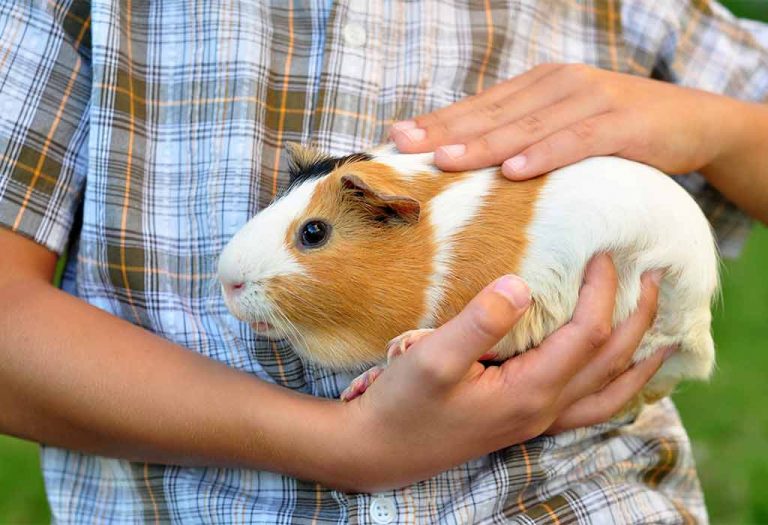
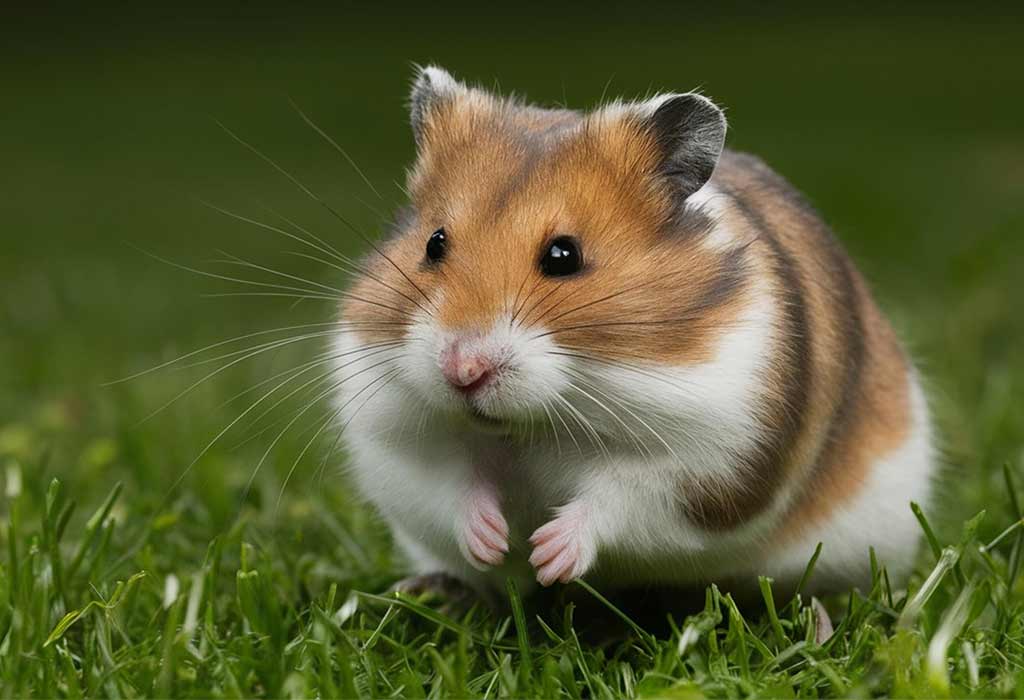
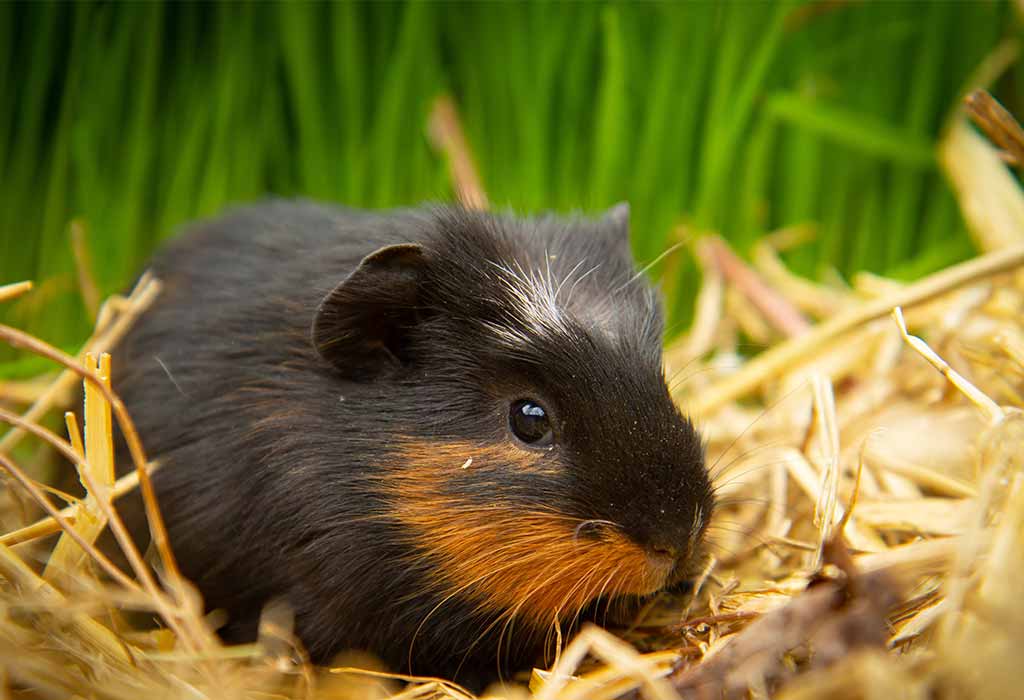

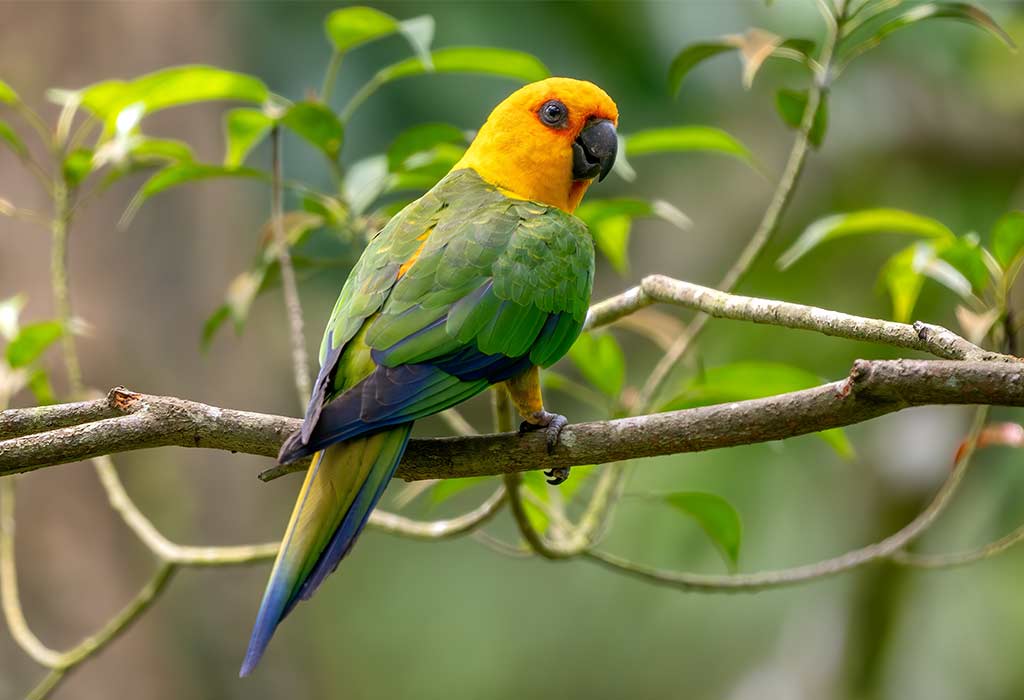
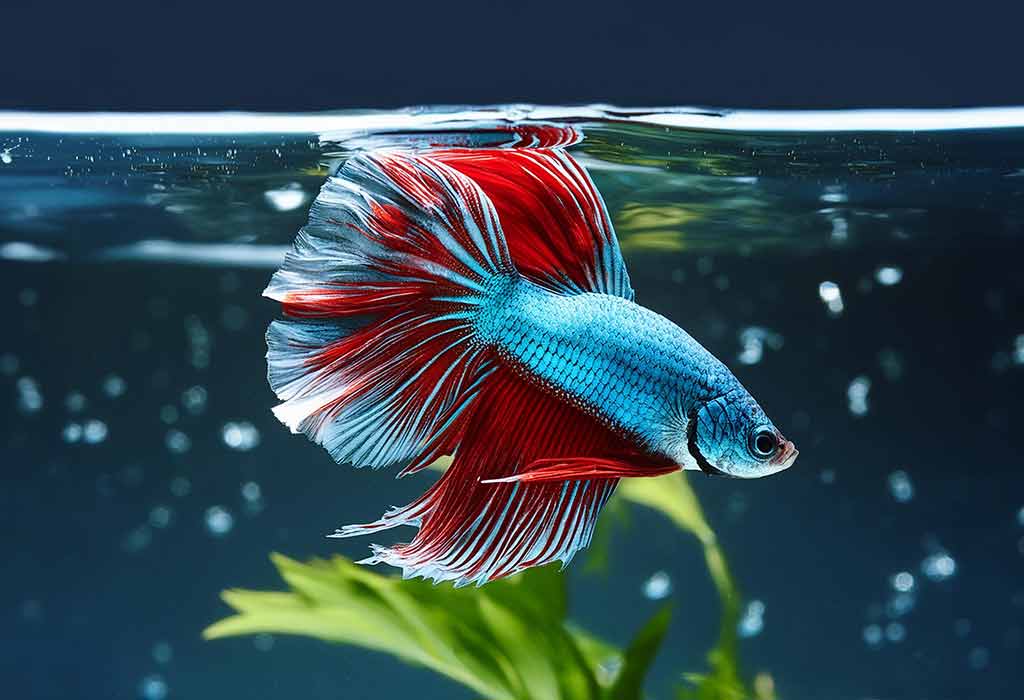
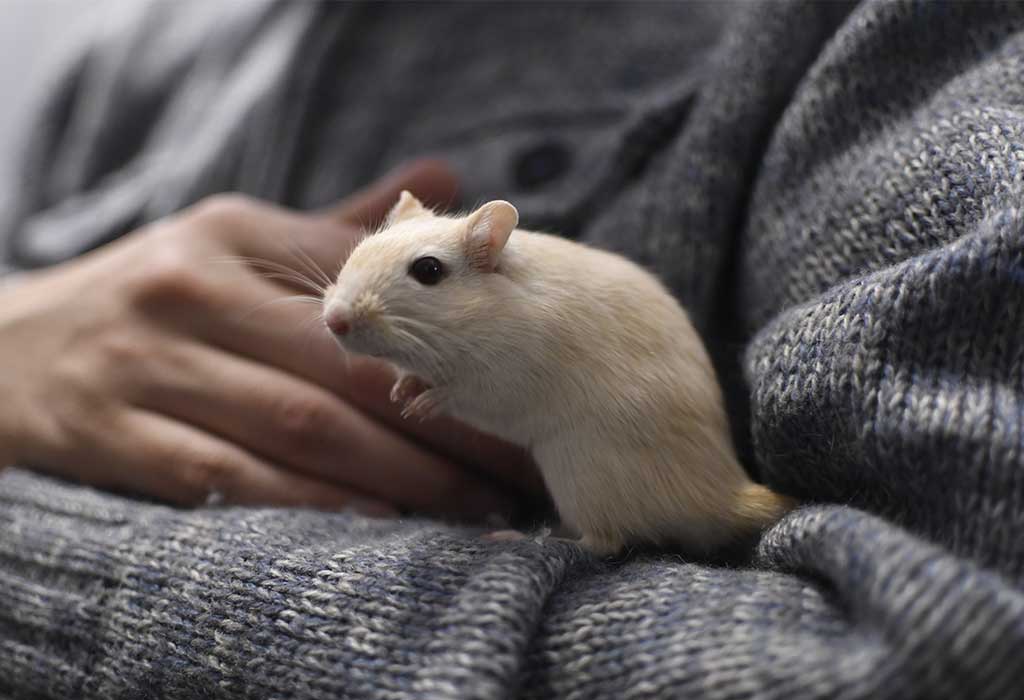
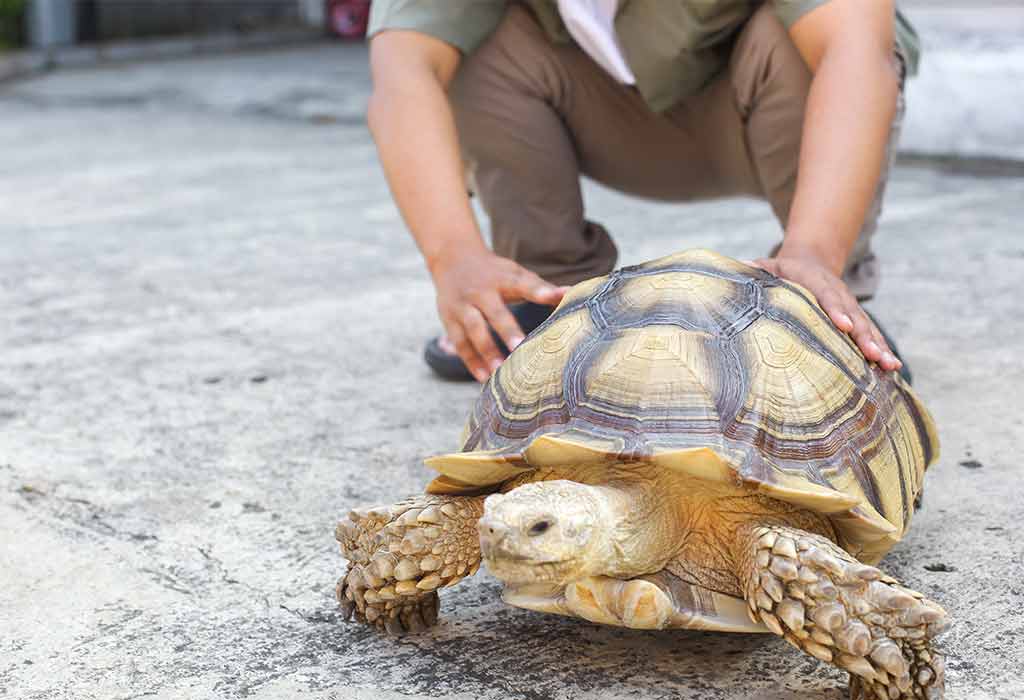
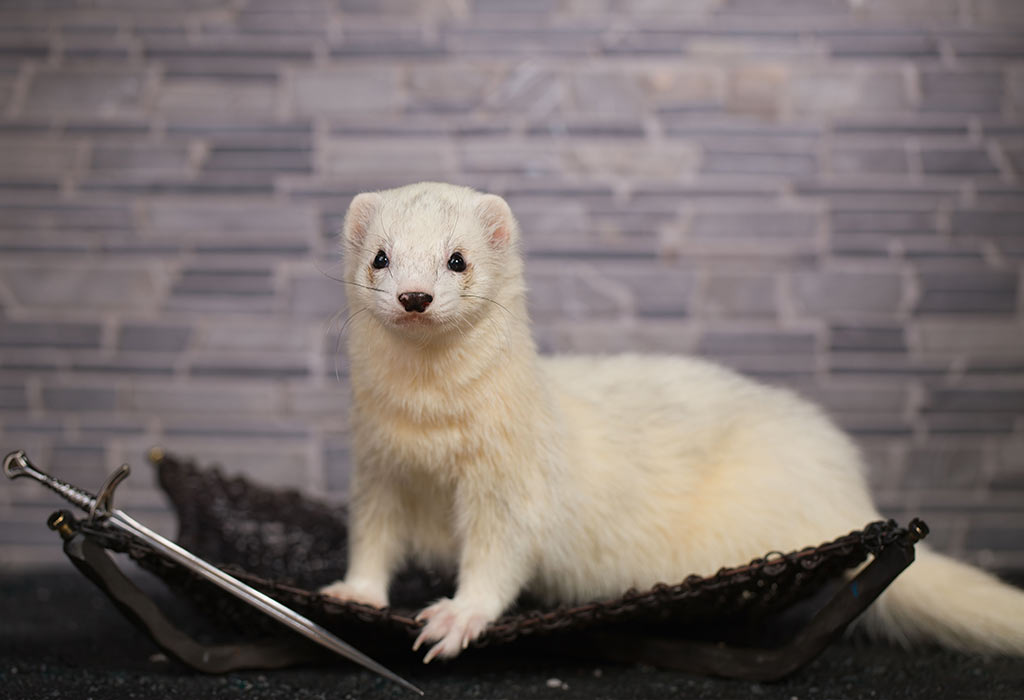
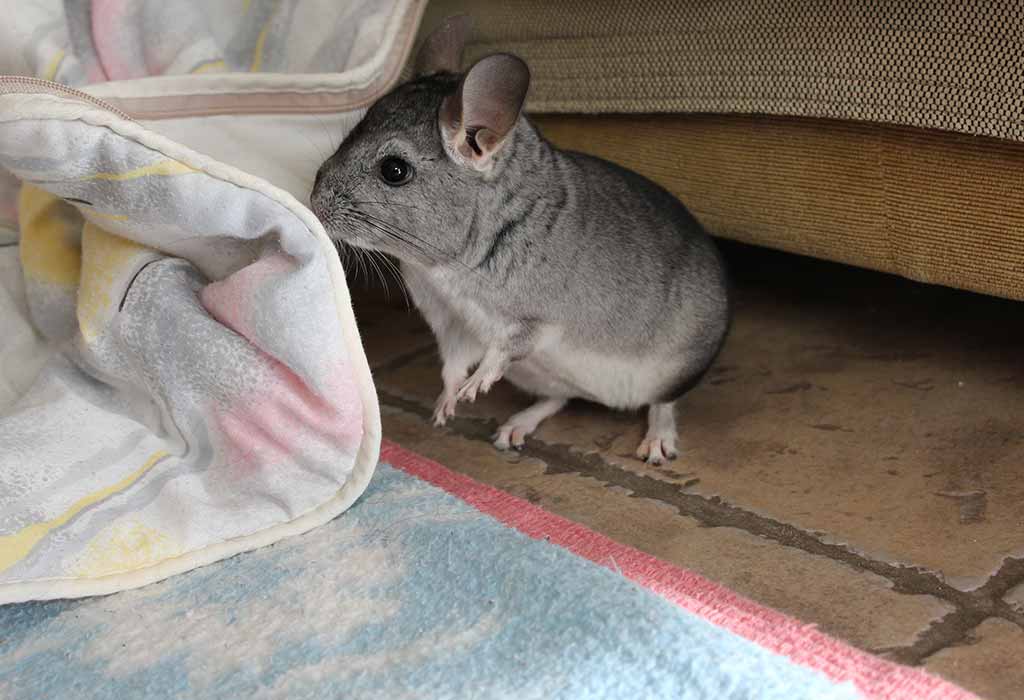
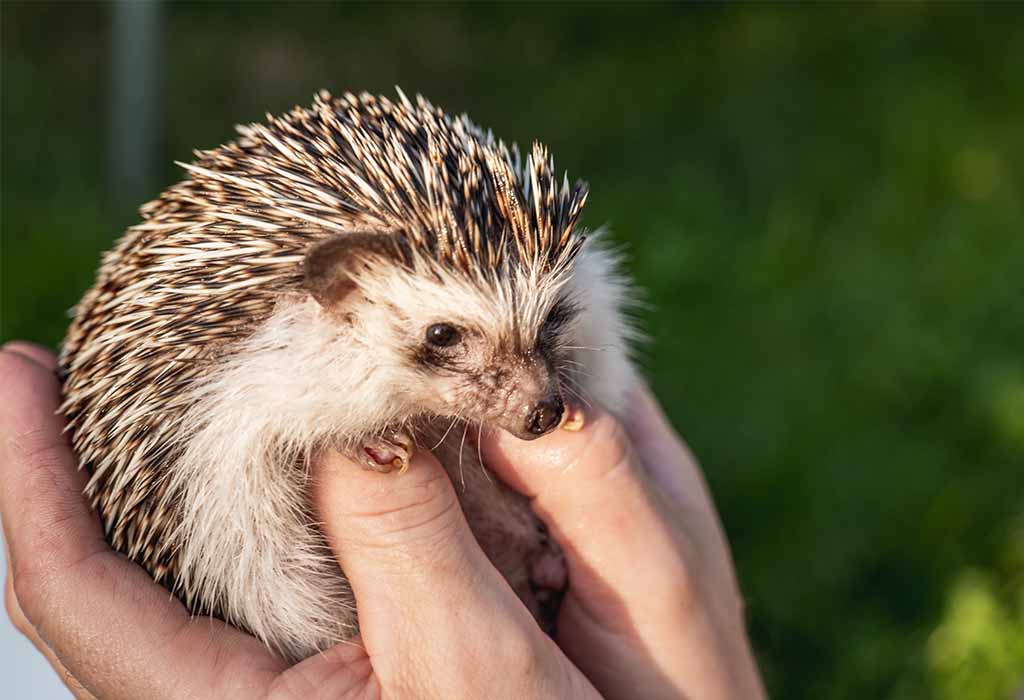
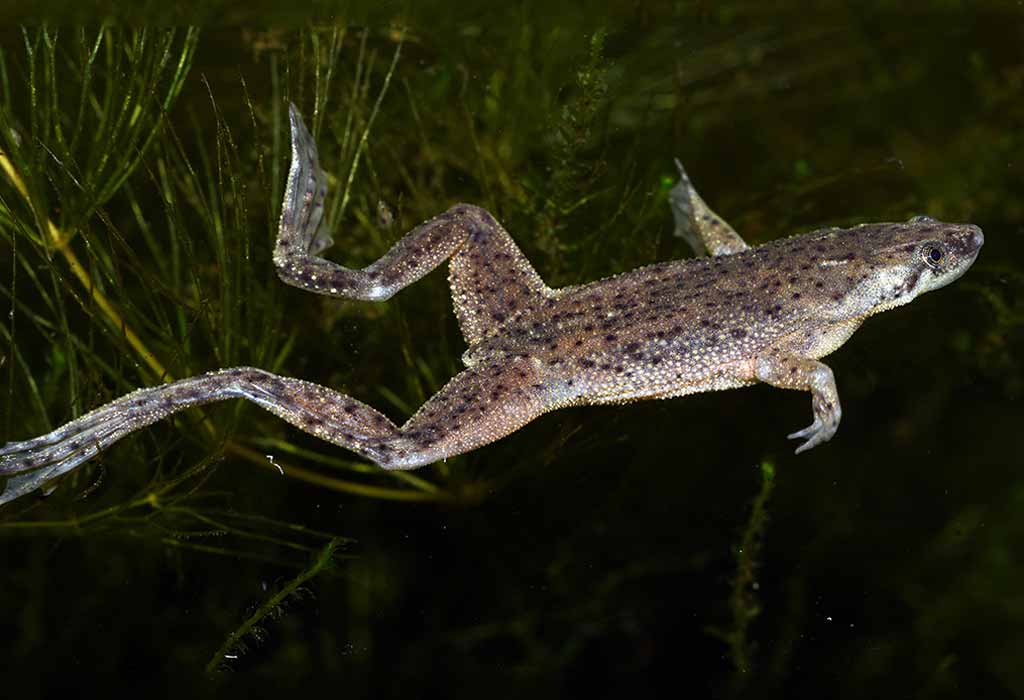
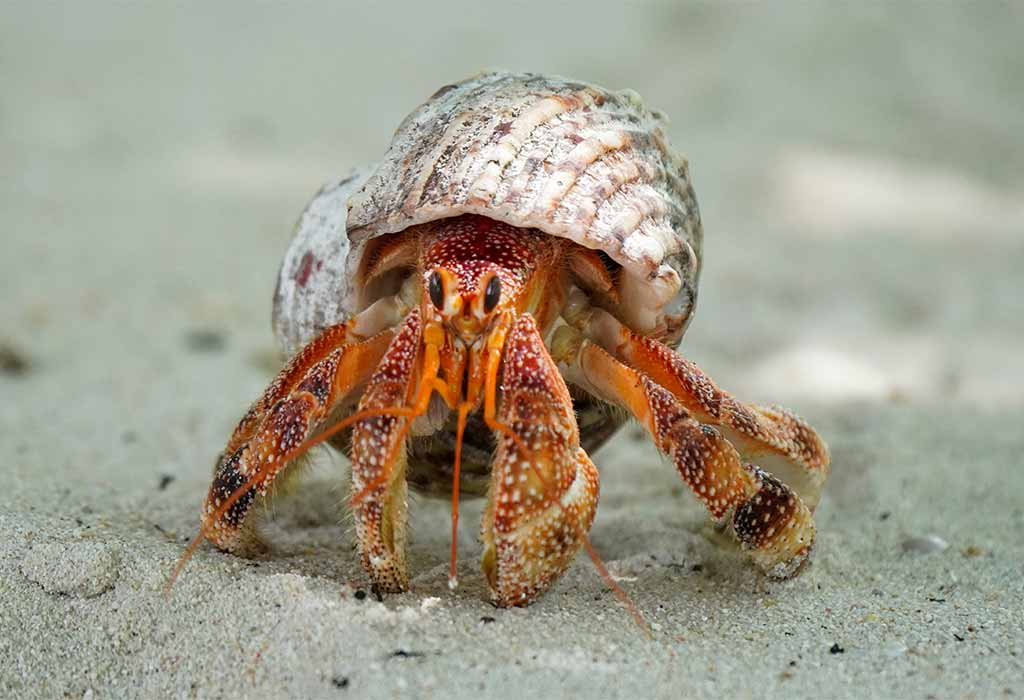
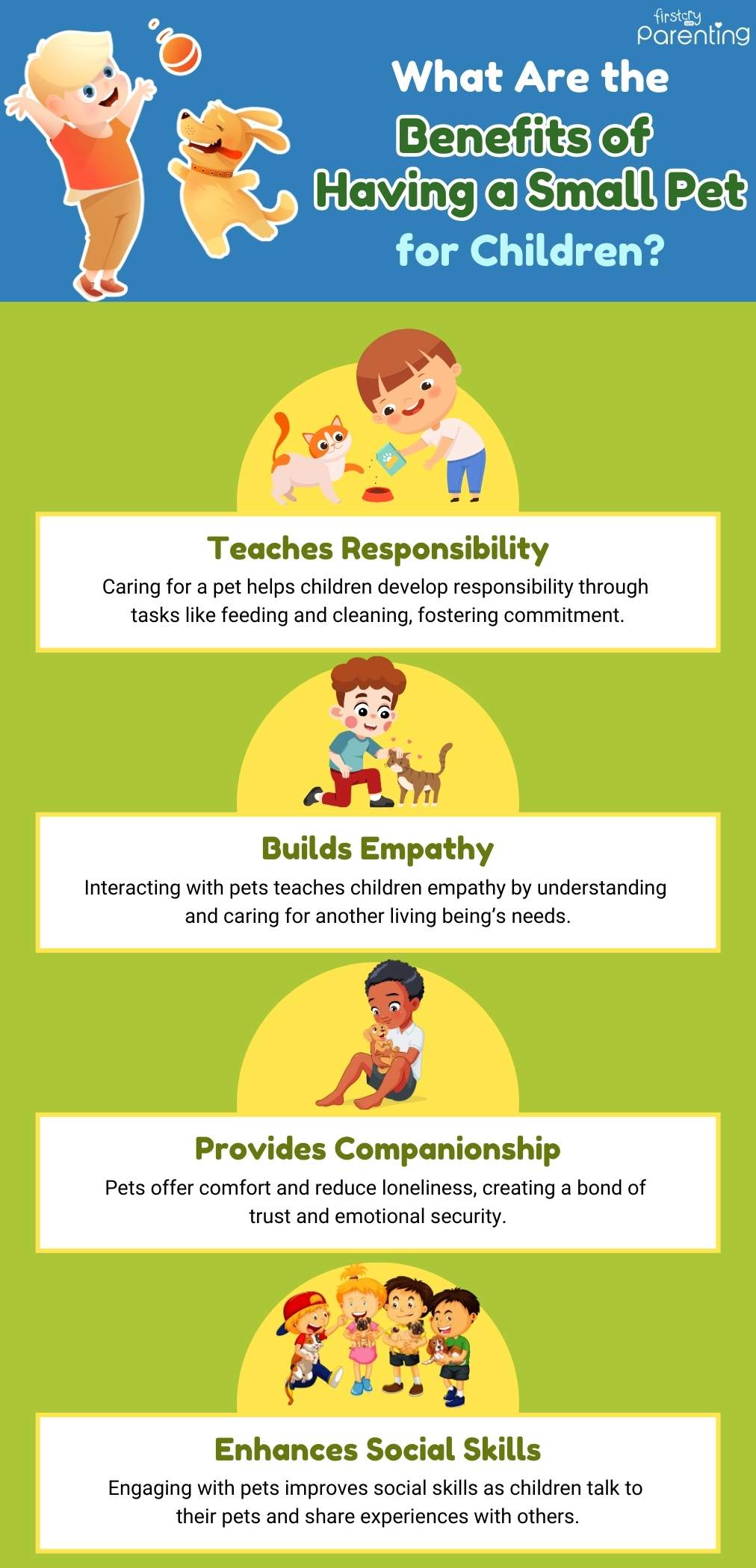
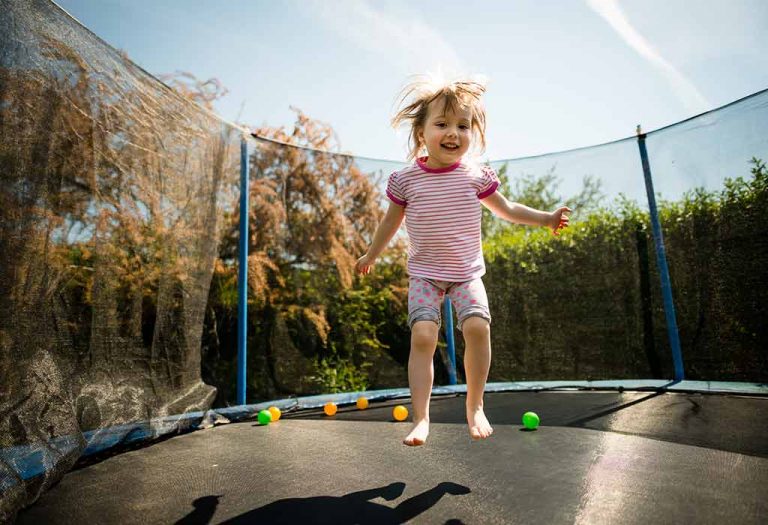
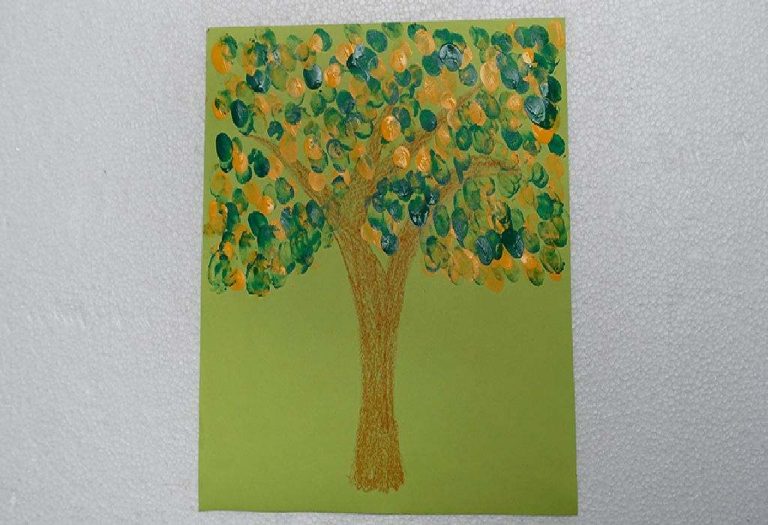
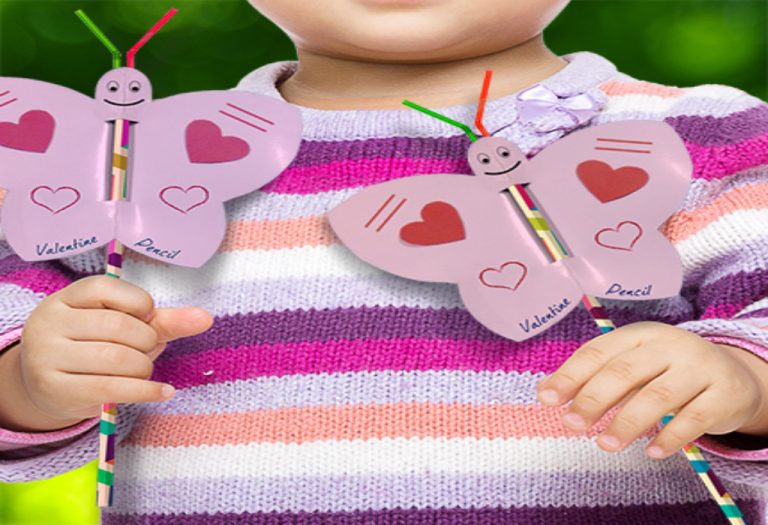
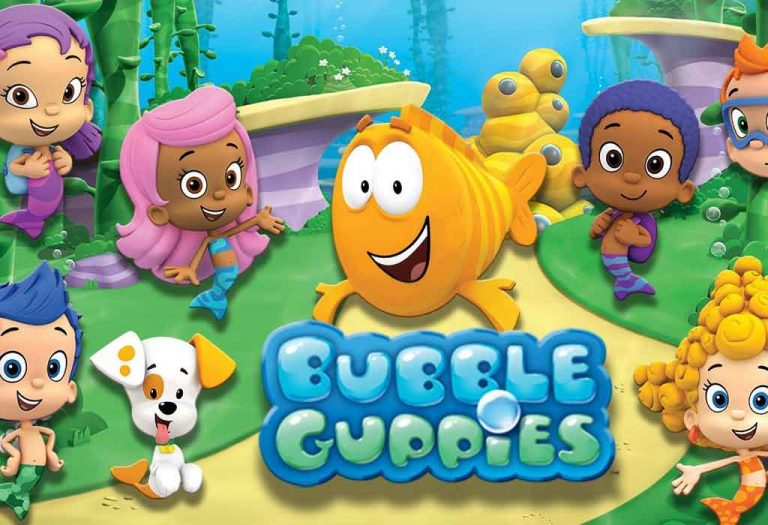
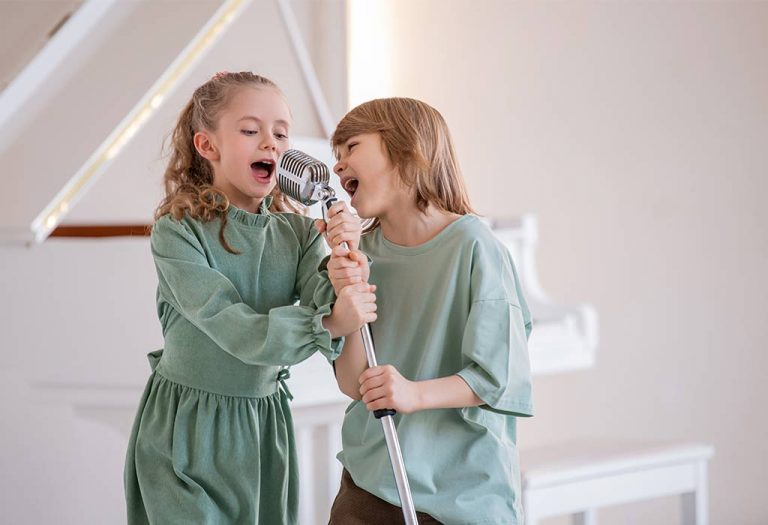


.svg)






